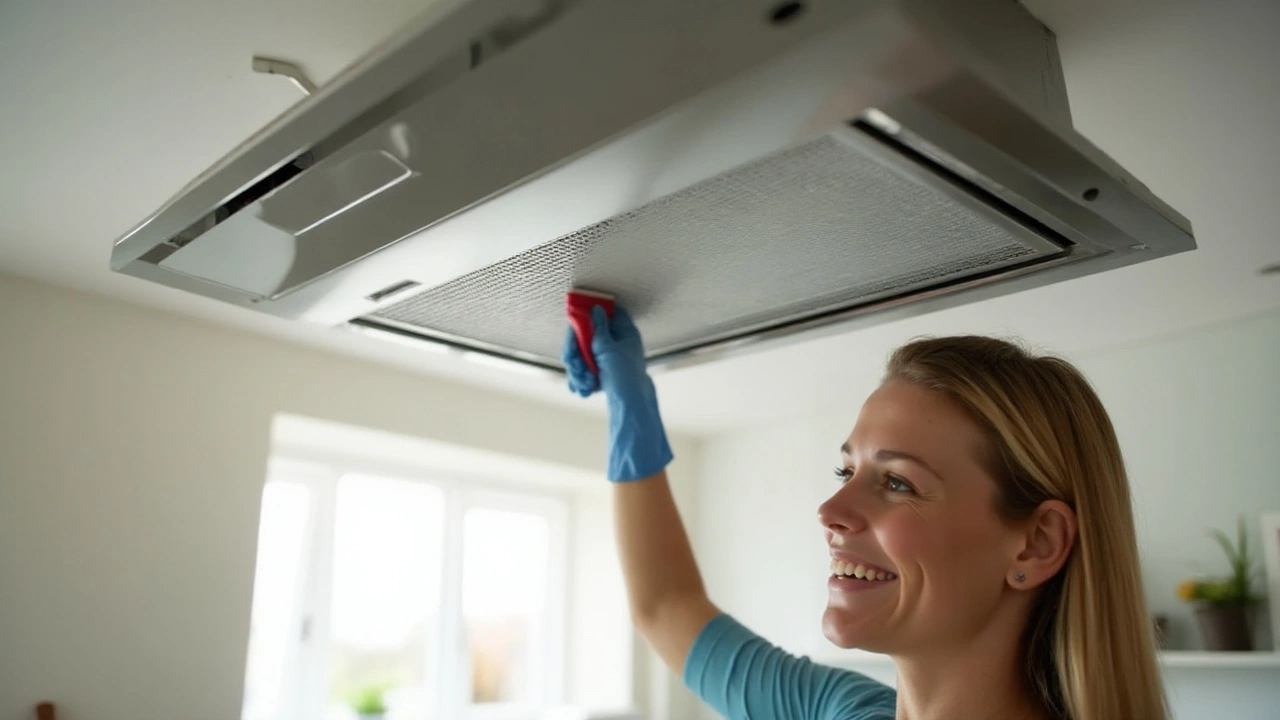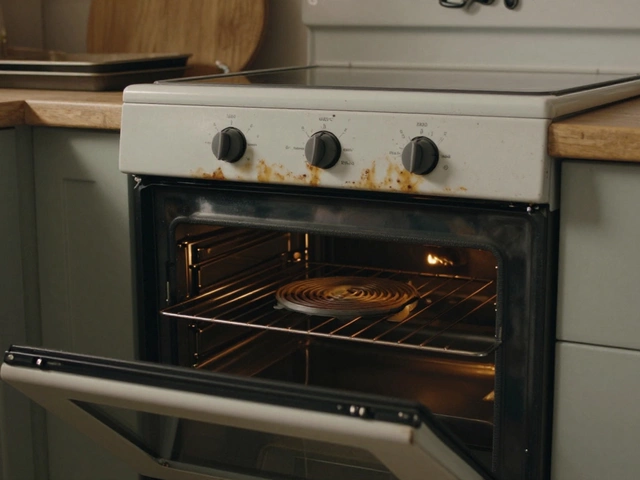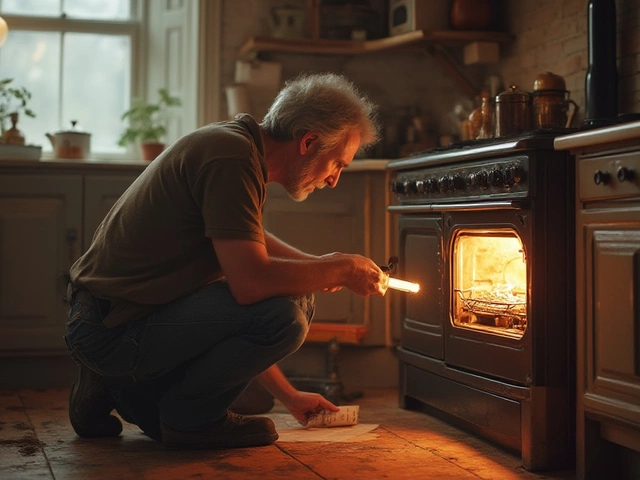Ever notice your kitchen fan whining or your bathroom fan barely moving air? Most of the time it’s just dirty blades, loose screws, or a lack of oil. The good news? You can fix most of these issues yourself in under an hour and keep the fan humming for years.
First, turn the power off at the switch or breaker – safety first. Remove the visible grille; it usually snaps or slides out. Give the grille a quick rinse in warm, soapy water, then wipe it dry. Next, pull the fan blades out. Use a soft brush or an old toothbrush to scrub away dust, grease, and pet hair. For stubborn grime, a damp cloth with a dash of vinegar works wonders.
When you put everything back, make sure the grille sits snugly. A loose cover can rattle and make extra noise. If the fan still sounds odd after cleaning, check the mounting screws. Tighten any that have loosened over time – a screwdriver does the trick.
Most modern extractor fans have sealed bearings, but older models still need a few drops of light machine oil. Look for a tiny oil hole on the motor shaft; add just enough oil to coat the moving parts. Spin the blades by hand – they should move smoothly without resistance.
While you’re at it, glance at the wiring. Look for cracked insulation, loose connections, or signs of burning. If anything looks damaged, it’s safer to let a qualified electrician handle it. A quick visual check can prevent a minor issue from turning into a costly repair.
Fans that keep tripping the circuit breaker or emit a burning smell need professional attention. Same goes for fans that barely move air despite being clean – the motor may be failing.
Regular upkeep doesn’t have to be a chore. Set a reminder every three months to give your fans a once-over. A clean, well‑lubricated fan runs quieter, uses less electricity, and lasts longer. Plus, you’ll avoid the dreaded “must‑vacuum‑the‑kitchen‑floor‑again” scenario.
If you ever feel stuck, Bognor Regis Appliance Repair Experts are just a call away. Our technicians know every make and model, and we can get your fan back to peak performance fast.
Bottom line: a quick power‑off, a brush, a few drops of oil, and a visual inspection are all you need to keep your kitchen and bathroom fans in top shape. Try it this week and notice the difference – less noise, better airflow, and peace of mind.

Routine maintenance of extractor fans is crucial to maintaining indoor air quality and ensuring the efficient operation of these ventilation systems. This article explores why servicing extractor fans is important, providing insight into potential problems that may arise if overlooked. Learn how regular upkeep can prevent costly repairs and improve the lifespan of your equipment. Discover practical tips and a step-by-step guide on how to ensure your extractor fan is operating at its best. Keep your home fresh and healthy by understanding the significance of extractor fan servicing.

Cracks in electric hobs can show up suddenly and cause real headaches in the kitchen. This article looks at why electric hobs crack, from common mistakes to sneaky issues with installation. You'll get practical tips on how to prevent damage and handle minor cracks. Find out when you can fix a hob yourself and when it's smarter to call for professional help. Stay ahead of costly repairs and keep your cooking space safe.

Deciding whether to fix or replace a 20-year-old oven? Learn real repair costs, energy savings, safety risks, and when it’s smarter to buy new. Practical advice for UK homeowners.

Wondering when to replace your cooker? This article breaks down the real signs that your cooker is on its last legs, what affects its lifespan, and how to keep it running safely for longer. Get practical tips straight from real-life experience and find out how to spot issues before they turn expensive. Whether you use gas or electric, knowing when to repair or replace makes all the difference in your kitchen.

Learn how to spot a malfunctioning heat pump, recognize warning signs early, and troubleshoot issues to keep your home comfortable and energy bills in check.

Got a cold oven? Learn if you can swap that faulty heating element yourself, what tools you'll need, and exactly what to watch out for. Easy fixes, with real-life tips.